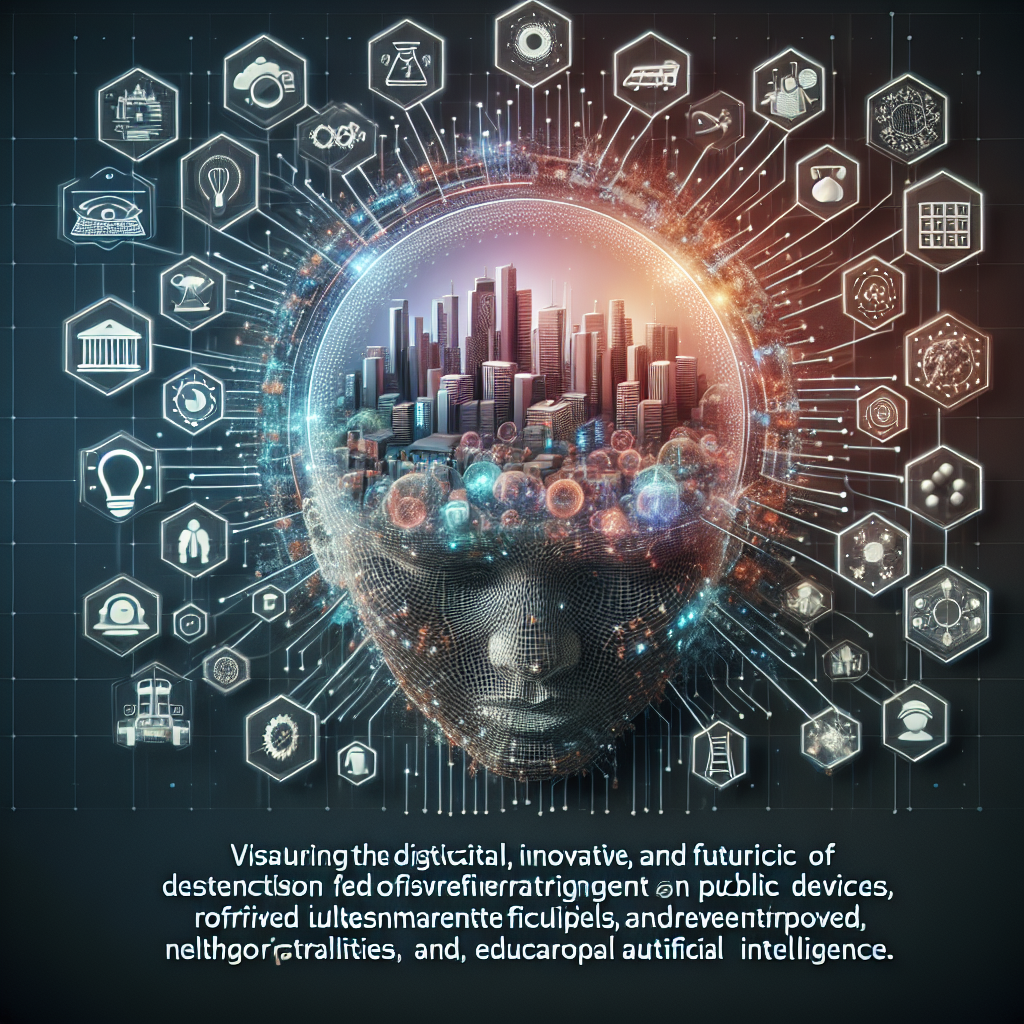Artificial Intelligence (AI) solutions have the potential to revolutionize the way government services are delivered, making them more efficient, accessible, and responsive to the needs of citizens. From streamlining bureaucratic processes to enhancing decision-making in public policy, AI technologies offer a range of benefits that can help governments better serve their constituents.
One of the key areas where AI can make a significant impact is in improving the efficiency of government operations. By automating repetitive tasks and eliminating manual processes, AI can help reduce administrative burden and free up resources for more strategic initiatives. For example, AI-powered chatbots can handle routine inquiries from citizens, allowing government employees to focus on more complex and high-value tasks. Similarly, AI can be used to analyze large volumes of data quickly and accurately, enabling government agencies to make data-driven decisions and improve service delivery.
Another important benefit of AI solutions in government is their ability to enhance decision-making and policy development. By analyzing vast amounts of data from various sources, AI can help identify trends, patterns, and insights that human analysts may overlook. This can lead to more informed and evidence-based policy decisions, ultimately improving the effectiveness of government programs and services. Additionally, AI can be used to predict future outcomes and assess the potential impact of different policy options, enabling governments to make more strategic and proactive decisions.
AI can also play a critical role in improving the accessibility of government services for citizens. By leveraging AI technologies such as natural language processing and machine learning, government agencies can develop user-friendly interfaces and applications that make it easier for citizens to access information, apply for services, and interact with the government. This can help bridge the digital divide and ensure that all citizens have equal access to government resources and support.
Furthermore, AI solutions can help governments improve the quality and accuracy of their services. For example, AI-powered tools can be used to detect fraud, waste, and abuse in government programs, saving taxpayer dollars and ensuring that resources are used efficiently. AI can also help improve the accuracy of decision-making processes, reducing errors and bias in government operations. Overall, AI technologies have the potential to enhance the integrity and effectiveness of government services, ultimately benefiting both citizens and the government itself.
Despite the numerous benefits of AI solutions in government, there are also challenges and concerns that need to be addressed. One of the main concerns is the potential for AI to perpetuate bias and discrimination, particularly in decision-making processes. AI algorithms are only as good as the data they are trained on, and if that data is biased or incomplete, it can lead to unfair outcomes for certain groups of people. Governments must ensure that AI systems are designed and implemented in a way that promotes fairness, transparency, and accountability.
Another challenge is the need for skilled personnel to develop, implement, and maintain AI solutions in government. Building AI capabilities requires a diverse set of skills, including data science, machine learning, and cybersecurity expertise. Governments may need to invest in training and upskilling their workforce to ensure that they have the necessary talent to leverage AI technologies effectively. Additionally, governments must also consider the ethical implications of using AI in government services, such as data privacy, security, and consent.
In conclusion, AI solutions have the potential to transform government services and improve the way governments interact with their citizens. By automating tasks, enhancing decision-making, and improving accessibility and accuracy, AI can help governments deliver more efficient, effective, and responsive services. However, to fully realize the benefits of AI in government, governments must address challenges such as bias, skills gaps, and ethical considerations. By taking a thoughtful and strategic approach to AI adoption, governments can harness the power of these technologies to better serve their constituents and create a more equitable and inclusive society.
—
FAQs:
1. What are some examples of AI solutions in government services?
– AI-powered chatbots for citizen inquiries
– Predictive analytics for policy development
– Fraud detection in government programs
2. How can AI improve the accessibility of government services?
– By developing user-friendly interfaces and applications
– By leveraging natural language processing and machine learning technologies
3. What are some challenges of implementing AI solutions in government?
– Bias and discrimination in decision-making processes
– Skills gaps and the need for trained personnel
– Ethical considerations related to data privacy and security
4. How can governments address concerns about bias in AI systems?
– By ensuring that AI systems are designed and implemented in a way that promotes fairness, transparency, and accountability
– By regularly auditing and monitoring AI systems for bias and discrimination
5. What are some ethical considerations when using AI in government services?
– Data privacy and security
– Consent and transparency in data collection and usage
– Ensuring that AI systems are used in ways that benefit all citizens

